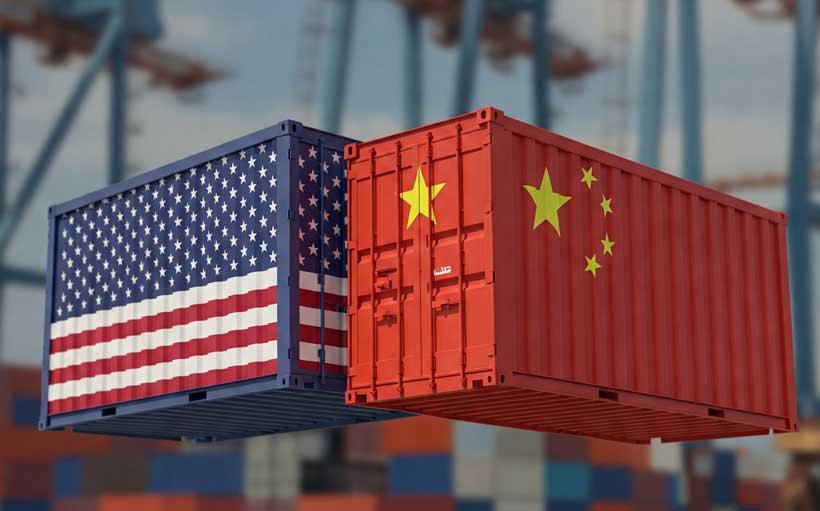Ongoing crocodile attacks during periods of increased water levels and floods remain a significant concern for communities in the Kavango East region.
Three people have lost their lives due to crocodile attacks in the region since the beginning of this year.
In all three cases the victims were fetching water from the Okavango River.
Regional chairperson Damian Maghambayi says more attacks are anticipated due to rising water levels after rains in Angola.
“We thought the human-wildlife conflict conference of 2023’s resolutions would address all our problems. I don’t know when those resolutions will be implemented so that they start addressing these problems,” he says.
He says the proposal for a 24/7 river safety response unit should be implemented as a matter of urgency.
Maghambayi commends the Ministry of Agriculture, Water and Land Reform for drilling boreholes at some of the communities living along the river.
He says many communities still need access to drinking water and that the council has submitted a list of villagers who are prone to crocodile attacks to recommend borehole drilling.
“We were told that the drilling rig has arrived and it is in Kavango West region, and when they are done they will come to the Kavango East,” he says.
The regional council funded a water pumping and purification project at Thikanduko village in the Mukwe constituency in 2022 after the death of Ellen Diisho (15), who was attacked and killed by a crocodile.
This has been one potential solution, which, according to Maghambayi, has minimised crocodile attacks at the village.
In the interim, Maghambayi urges communities to adopt traditional preventive measures such as blocking access points to water sources with bushes, which have been suggested to deter crocodiles.
He also urges vigilance to safeguard lives and livestock until more substantial infrastructure improvements are in place.
The death of three people in the region last week has prompted Rundu Rural constituency councillor Paulus Mbagu to advocate immediate measures to address the problem.
While applauding the government for the initiative to drill boreholes in crocodile-prone areas, he says progress has been sluggish.
“We will push the ministry to speed up the process,” he says.
Maghambayi says the regional council is working on a strategic proposal to establish a crocodile farm.
This, he says, is aimed at mitigating the increasing crocodile population while harnessing economic opportunities for the local community.
It is estimated that there is a population of 11 000 crocodiles in the Okavango River.
“So far it doesn’t serve any purpose at all. The community is not benefiting from these crocodiles, and many lives have been lost.
“It’s already three lives in the beginning of this year. This tells you the situation has deteriorated and there’s no justification for the loss of a life,” he says.
Last year, the Ministry of Environment, Forestry, and Tourism put 40 crocodiles up for sale to mitigate increasing cases of human-wildlife conflict.
Agriculture ministry spokesperson Jona Musheko says 21 boreholes have been drilled during the 2023/24 year in the Kavango East region.
Ten more are expected to be drilled before the end of the financial year.
Stay informed with The Namibian – your source for credible journalism. Get in-depth reporting and opinions for
only N$85 a month. Invest in journalism, invest in democracy –
Subscribe Now!










